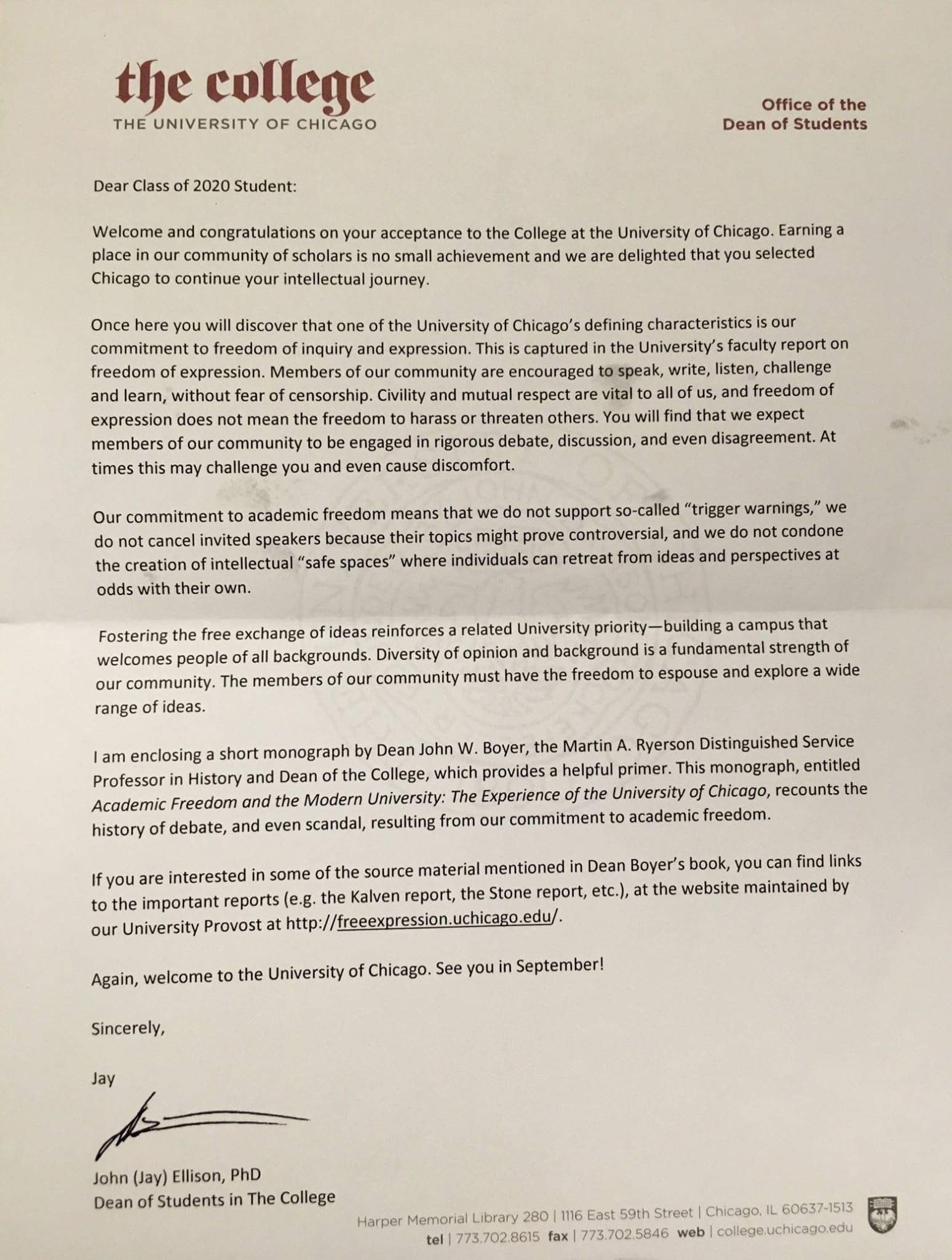The "Current Affairs" posts will usually tackle an issue of importance in America today through the discussion of books, articles, and other media.
trigger warnings
The academic world is all up in arms these days over whether and how students should receive "trigger warnings" regarding coursework and whether college should be "safe spaces" for students. Maybe I'm just longing to be in the classroom again, but I feel the need to throw my two cents into the trigger warning ring. As a PhD of American foreign relations history, I split my time between history and international affairs courses. And in both departments, I teach about war, terrorists, death, violence, suffering, failing states, and all the rest. Most of my courses, then, it could be argued, are in need of "trigger warnings" from start to finish. But I don't buy it. If you're going to take a class about 9/11 and the War on Terror, shouldn't you expect to be, at the very least, uncomfortable with the material? And shouldn't academic coursework push you beyond your comfort zones? How else does one expand the mind in a meaningful way? This article encapsulates my own views far more eloquently than I ever could. So, yes, I generally agree with Dean Ellison at the University of Chicago, who sent the following letter to all incoming UC freshmen and kicked off another round of this debate:

The bottom line: Expect to be challenged, and maybe even horrified, and shocked. Take the courses that make you feel uncomfortable. You're here to grow as an individual, right?
This is a nuanced topic, however. I would never suggest a veteran still struggling with returning to civilian life or suffering from PTSD take a class on the Iraq War, for instance, or a struggling survivor of sexual violence take a class on Violence Against Women. I think articles like this one are way, way off the mark. And even as I write this, I'm aware that as an instructor I have always sought to inform my students about course materials. I warn them the first day that we're going to be reading material with which they likely won't agree and may indeed find offensive, seeing photos and media that may be upsetting, hearing opinions with which they take issue. I encourage students to look through the syllabus, in which topics are quite clearly labelled, and consider the sources to be used, which are stated throughout the course literature. So maybe I do supply trigger warnings, in my way. I also recognize that, because of the courses I teach, students come to the class knowing, at least to some degree, that we will be discussing violence, death, ideas that they may find shocking, and so on. I'm protected from having to really wrestle with the trigger warning debate because of my material.
I guess there are no simple answers. Students should be willing to engage with uncomfortable material, but they should be choosing their coursework with their own mental health in mind. Making these kind of decisions for oneself is part of becoming a functioning adult.
Want to wade into the trigger warning arena yourself?
Silly, silly reader. But if you're going to go ahead and do it, let me at least suggest some places to start your studies:
The Atlantic's 2015 article, "The Coddling of the American Mind" tries to place the phenomena of trigger warnings and "microaggressions" within the historical context of childrearing in America, where kids aren't allowed on the monkey bars and in gym classes, there's no picking of teams allowed. I'm not sure I agree with all that's said here, but it's a well-written and wide-ranging article that's worth the time.
This recent New York Times' "Room for Debate" offers several perspectives on the trigger warnings war.
You can always count on NPR for a brief yet insightful bit of commentary.
And, last but not least, The New Republic offers a tidy and useful discussion of the (admittedly short) history of trigger warnings and ruminates on what the regular use of them might mean for American society.
No comments:
Post a Comment